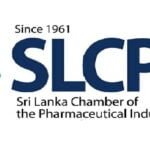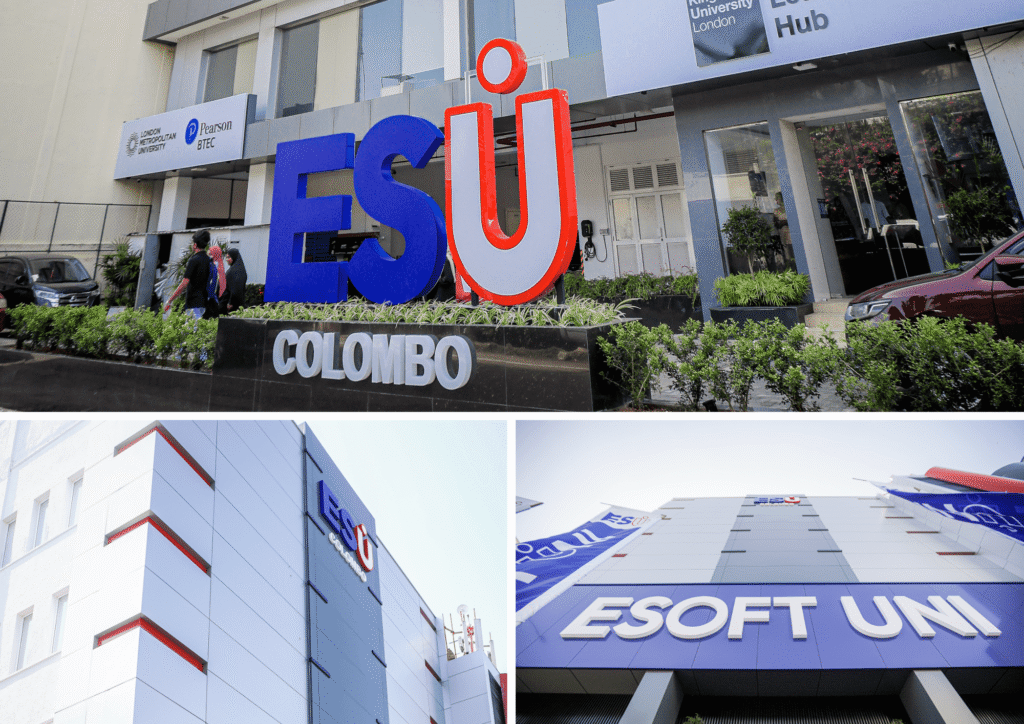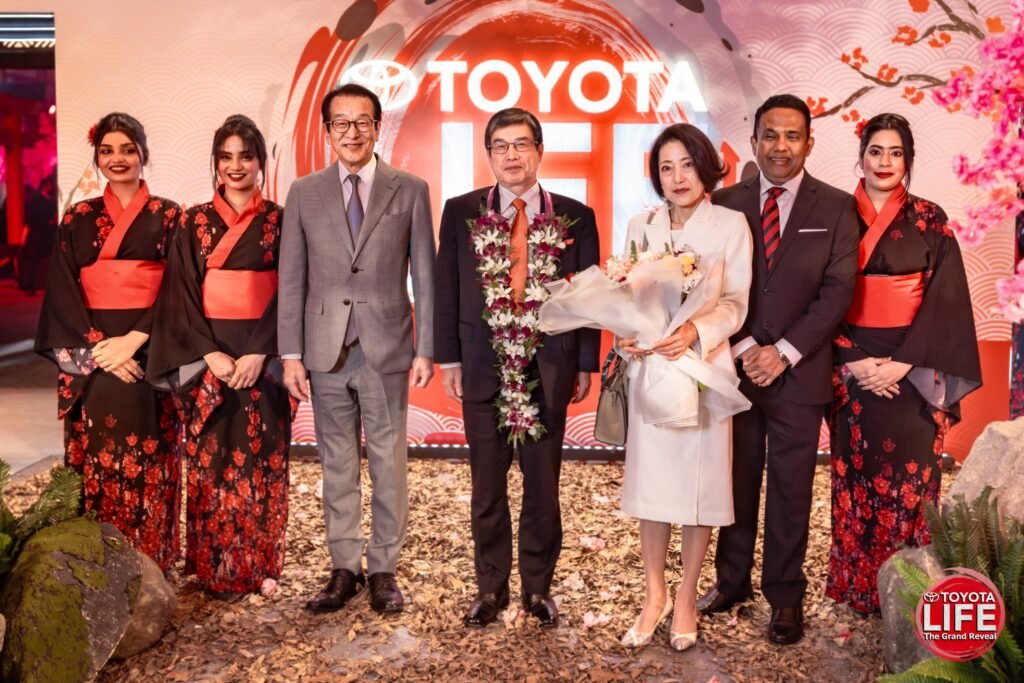- Established dialogue with leading agri institutions across the world soon after country’s announcement to immediately ban chemical fertilizers and pesticides
- Contracted two renowned organic agriculture research institutes FiBL and HAFL in Switzerland
- Expert team completed a 10-day diverse study visit to Sri Lanka
A. Baur & Co. (Pvt.) Ltd., widely known as Baurs, a diversified business group and one of the pioneering innovators in agriculture in Sri Lanka, announced that it would share scientific and practical solutions for the country’s farming industry to successfully master the conversion from conventional to organic, backed by scientific evidence and sound knowledge drawing from both professional and practical experiences.
The expert team comprising senior scientists and researchers from the Research Institute of Organic Agriculture (FiBL) and School of Agricultural, Forest and Food Sciences (HAFL) who were on a 10-day visit to the country earlier this Month is currently conducting further in-depth analysis and evaluations. The purpose is to support Sri Lanka’s vision and aspirations to expand its current 2.5pct share in organic agriculture and move forward to holistically embrace a healthy organic nation.
Rolf Blaser, Managing Director/CEO of A. Baur & Co. (Pvt.) Ltd, the brainchild behind this initiative, commented ‘We are proud to have taken proactive steps towards the fertilizer challenge in Sri Lanka. We tasked an expert team from Switzerland which is home for some of the prestigious research institutions in organic agriculture for a diverse study across the island.’
‘The experts are presently coordinating their efforts together with other organisations with domain knowledge on the subject matter including locally available academia and practical expertise. We at Baurs are continuously engaging with the experts to put together a well-informed plan for the sector and country in the next few weeks.’
The expert team discussed with senior officials from various institutions such as Department of Agriculture, UoP’s Faculty of Agriculture, NIFS, RRISL, CRI, CEOA, Ministry of Plantation, MoSTR, organic fertilizer state secretaries, IFOAM, GIZ Sri Lanka, SLCARP, and local EU representative.
They also observed sites and facilities that are influencing factors in organic agriculture, such as Kerawalapitiya waste management park, organic fertilizer processors, Dambulla vegetable market, Manin market and fish market, HTS Hidellana Tea Factory, Hotel Waste Management System at the Grand Hotel, Lake Serenity organic tea plantation, poultry farm in Ganemulla, including visits to both conventional and organic farmer communities across Puttalam, Anuradhapura, Gampaha, and Rathnapura.
Every visit during their study is earmarked as crucial to understand the country’s present agriculture landscape and all the other related factors in the entire ecosystem. The experts were able to gather a significant amount of scientific and technical data during their investigations. The numerous dialogues, interactions and knowledge-sharing sessions with diverse stakeholders, all of whom play an equally important role in achieving this conversion, adds immensely towards finding and overcoming challenges.
Whilst in Sri Lanka, the experts also shared insightful presentations during a knowledge-sharing session held at Baurs’ Fertilizer Factory (CMW) in Kelaniya followed by a hands-on training in composting and organic farming during their visit to the Baurs’ site in Anuradhapura.
The team comprised of Prof. Dr. Christoph Studer, professor of natural resources management at HAFL, Dr. Jacques G Fuchs, senior scientist in plant pathology and soil quality at FiBL, Dr. Gurbir S Bhullar, senior scientist in tropical agroecosystems at HAFL, and Paul van den Berge, senior consultant at FiBL.






